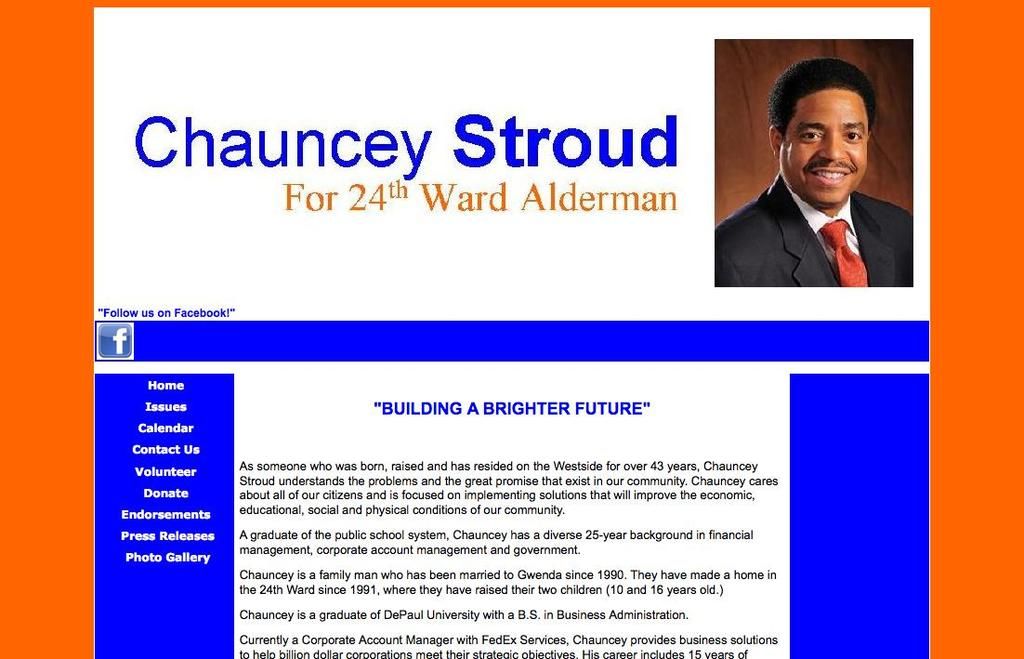Amazon abandons plan to display duty costs following Trump administration official's criticism as a 'hostile, political move'
Amazon Scraps Tariff Listing Plan Amid Political Outcry
In a surprising turn of events, the e-commerce titan, Amazon, has decided against a potential plan to showcase import costs on its products, following a fierce backlash from the Trump administration.
The initial plan, which was reportedly under consideration by the company, aimed to list import charges on specific products as part of its Haul service - a newly launched, low-cost storefront created to contend with competitors like Temu and Shein.
However, Amazon swiftly put the speculations to rest with a brief statement, stating that the proposal of "displaying import tariffs on certain items" was merely a thought exercise that never received the green light and remains unimplemented.
Following this revelation, Trump shared that he had spoken with Amazon's founder and CEO, Jeff Bezos, and expressed satisfaction with the quick resolution and the right course of action taken.
The White House, on the other hand, branded Amazon's initial plan as a "hostile" and "politically motivated" move, likening it to a partnership with a Chinese propaganda arm.
Press Secretary Karoline Leavitt expressed her displeasure over the reported plan, stating, "It's not a surprise, given Amazon's recent alliance with a Chinese propaganda outfit." She urged Americans to support domestic businesses instead.
Despite Amazon's clarification, the overall sentiment about tariffs and their implications on pricing remains contentious. Several companies, including Temu and Shein, have already experienced price hikes due to tariffs, creating pressure on the Trump administration regarding import policies. The controversial discussions serve as a reminder of the ongoing concerns surrounding tariffs' impact on consumer prices and business strategies.
Sources:1. Amazon's Added Tariff Cost Display: Rumor or Reality? (Punchbowl News)2. The Trump Administration vs. Amazon: Tariffs and the Fight for Fair Trade (Kiplinger)
- Jeff Bezos, the founder and CEO of Amazon, was reportedly subject to a conversation with President Trump, following Amazon's contemplated plan to list import tariffs on certain items.
- Amazon, in a surprise move, declared that the concept of showing import tariffs was merely a thought exercise and never received formal approval.
- The White House publicly denounced Amazon's initial plan, categorizing it as a hostile and politically motivated act, resembling a partnership with a Chinese propaganda arm.
- The controversy surrounding tariffs and their possible influence on consumer prices and business strategies persists, with several companies grappling with the repercussions, such as increased costs due to tariffs, creating pressure on the political landscape.







